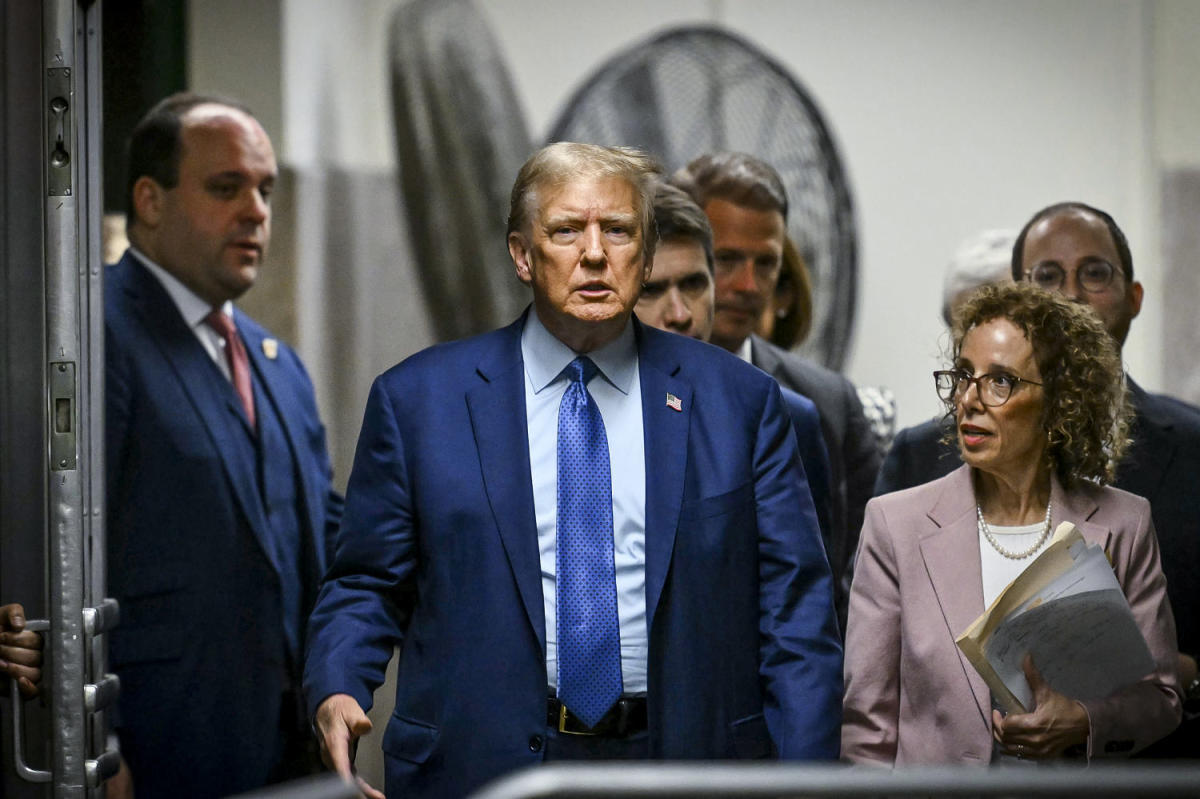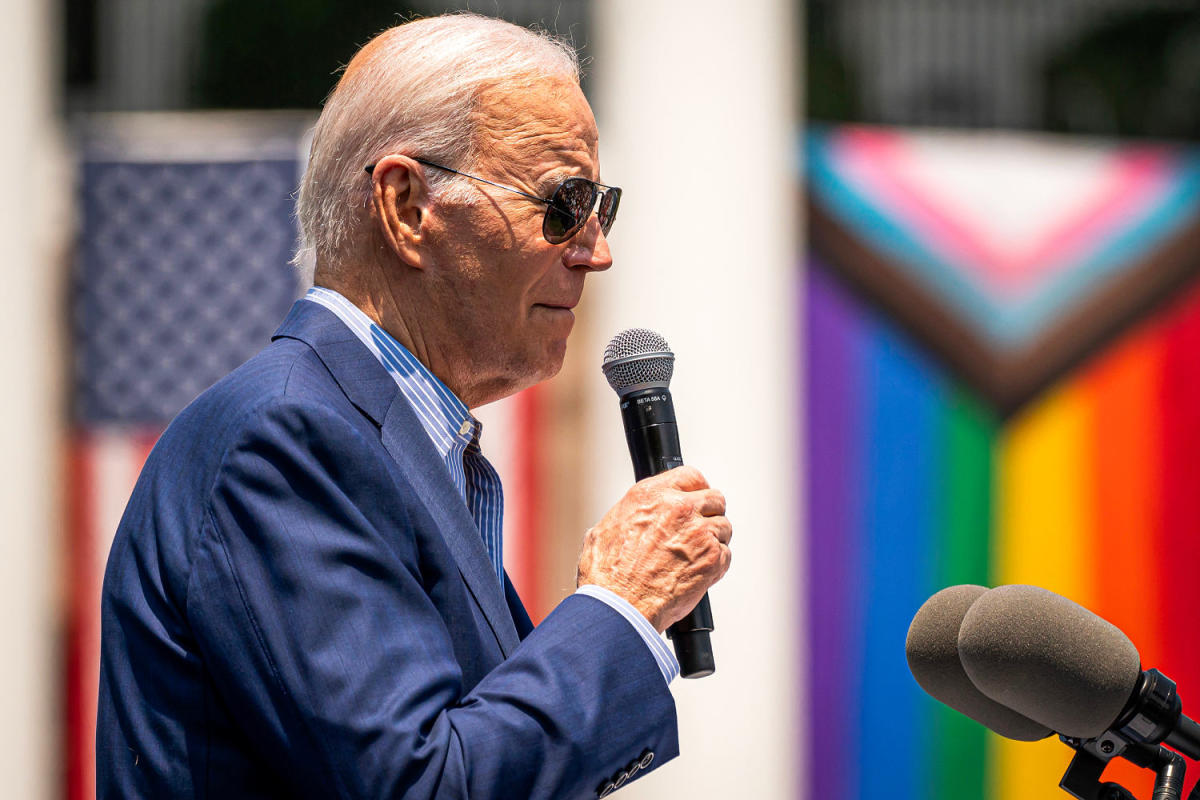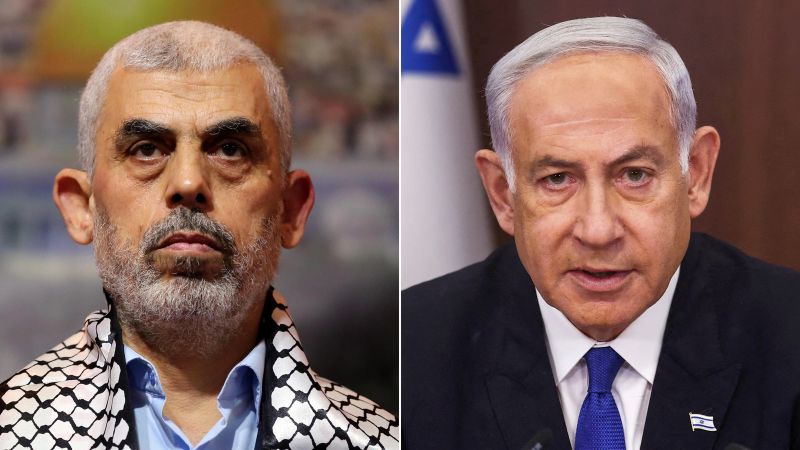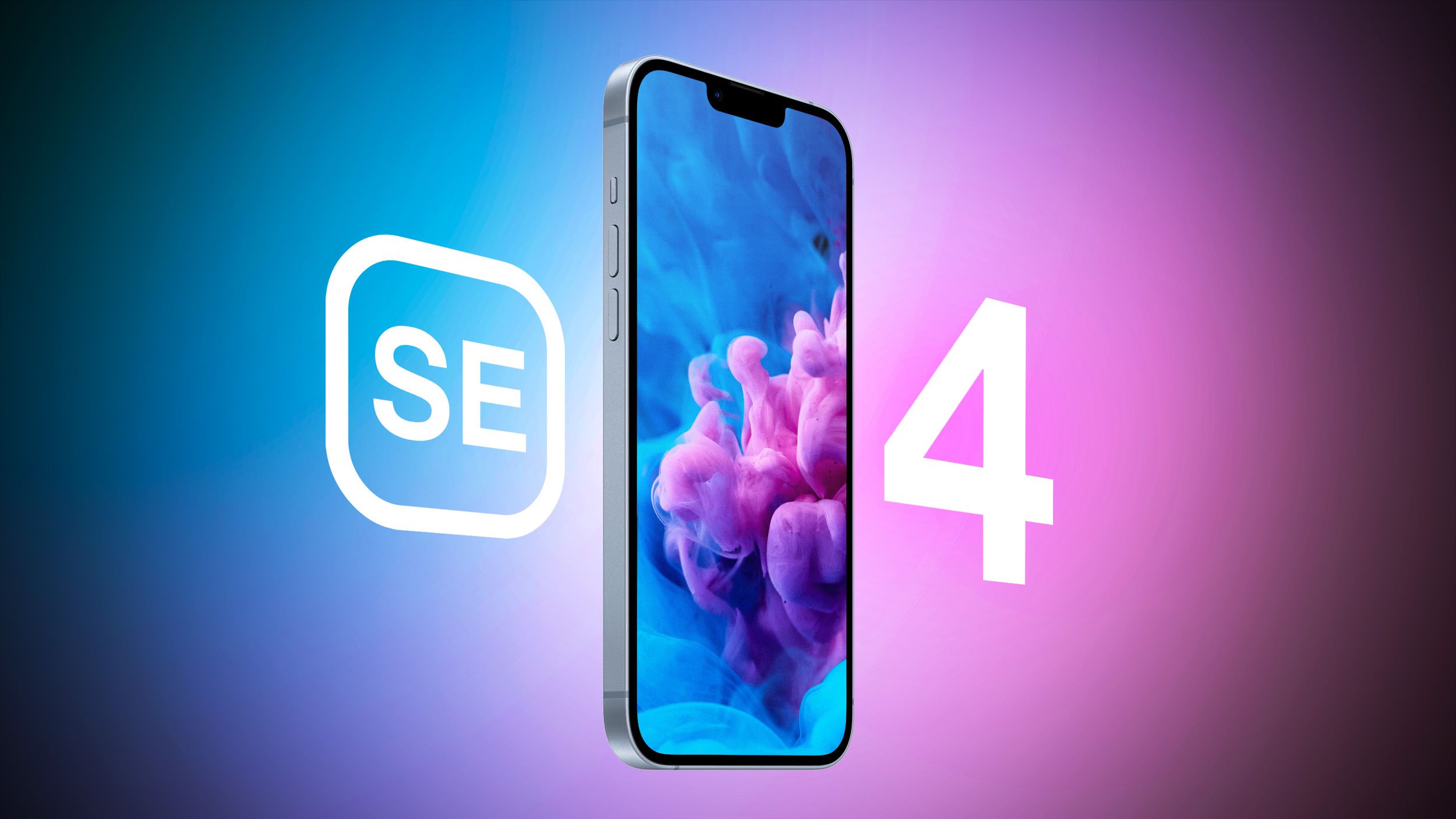Attorneys for former President Donald Trump sought to pierce Stormy Daniels’ credibility and motive Thursday, casting the adult film actor as someone whose retelling of their alleged sexual encounter was rife with inconsistencies and driven by a desire to harm him.
Trump’s lawyer Susan Necheles asked Daniels on the stand in Manhattan criminal court in New York City about making “a lot of money” from her story over the years, striking deals worth a million dollars or more. She also needled Daniels over the different ways she has described the encounter in magazine and prime-time interviews, as well as in the courtroom.
Daniels pushed back, saying that while she made a living speaking out against Trump, “I was not selling myself to anyone.”
Daniels’ story is a key component of the prosecution’s hush money case against Trump. The bid to silence her in the waning days of the 2016 presidential race came as Trump’s campaign feared he could not withstand further damage after a recording of him talking about inappropriately “grabbing” women threatened to derail his candidacy.
Trump has been charged with 34 state counts related to falsifying business records, which prosecutors say were used to obscure the payments to Daniels. Trump has pleaded not guilty to all charges. He has also denied having had an affair with Daniels.
Here’s what you missed on Day 14 of the criminal trial.
Defense casts Daniels’ account as fiction
Necheles pressed Daniels about varying details in her retelling of the 2006 encounter with Trump, such as her saying she felt light-headed, which Daniels did not include in media interviews.
On Thursday, Necheles, the Trump attorney, asked Daniels more than two dozen times about her account, casting it as a fabrication used to extort money at a sensitive time for Trump. Necheles said that Daniels “wanted to make money” from the attention and that she had even made it the “centerpiece” of her 2018 book.
“You were threatening that you would try to hurt President Trump politically by telling this story if he didn’t give you money, right?” Necheles asked.
She also pointed to merchandise Daniels marketed online, including a $40 “Stormy Saint of Indictments” candle and a “Stormy Daniels Political Power” comic book. Necheles further noted that Daniels appeared to celebrate Trump’s indictment in the case by tweeting the same day about popping champagne. “That was me doing my job,” Daniels said in response.
The defense also suggested that prosecutors had worked to shape Daniels’ testimony before she took the stand for the first time Tuesday. Necheles asked her whether she was supposed to include certain details at their urging and from her book.
Trump’s attorneys have sought throughout the trial to portray certain witnesses as selectively highlighting facts to help the Manhattan district attorney’s case.
“There’s nothing wrong with detail,” Daniels said Thursday.
“My story never changed,” she said later.
Another Trump attorney, Todd Blanche, cited Daniels’ lurid testimony of the alleged encounter with Trump as he renewed a bid for a mistrial, arguing it was prejudicial when Daniels described “an imbalance of power” between herself and Trump, even as she said she did not feel physically threatened, and when she recalled a “spanking” with a rolled-up magazine.
“None of that is information that goes to motive,” Blanche said.
The judge rejected the mistrial motion. He also dismissed a request by the defense to loosen the rules on the gag order against Trump.
Three new witnesses
Two new witnesses who worked for Trump took the stand Thursday under subpoena: a Trump Organization employee and Trump’s former executive assistant in the White House.
Both gave compelling testimony about Trump’s micromanagement of his affairs, such as his signing off on $6,000 annual dues to a golf club, for which he wrote “PAY ASAP OK” on the invoice.
Madeleine Westerhout, the former White House assistant, described Trump’s habits, including how he liked to keep his Oval Office desk pristine for meetings and used the dining room as his “working office.” There, he would be “working, reading, going over documents,” she said, noting that while he kept things organized, he did have a lot of papers.
“I found that he always knew where things were,” Westerhout said. She said he “liked hard-copy documents” and, to her knowledge, did not have an email address.
Westerhout left the White House after she spoke disparagingly about Trump’s family at a meeting with reporters that she believed was off the record; her comments were reported publicly. In contrast to Daniels, Westerhout spoke warmly of Trump, painting a picture of a family man who cared deeply about his wife, Melania Trump.
Rebecca Manochio, the Trump Organization employee who took the stand Thursday, testified about how checks were handled both before and during Trump’s time in office. She described putting together checks with their invoices for Chief Financial Officer Allen Weisselberg to sign, which he continued to do after Trump took office. Certain checks required Trump’s signature, Manochio said, and she recalled at least one occasion when she sent just one.
Trump took notes and gazed ahead as Manochio told the court that roughly once a week she would send checks by FedEx for Trump to sign at the White House. She then mailed the checks that Westerhout would handle at the White House.
A third new witness for the day — Tracey Menzies, an executive at HarperCollins — testified to the accuracy of certain excerpts from a book by Trump that her company published, “Think Big: Make It Happen in Business and in Life.”
An excerpt that was introduced into the court record focused on Trump’s urging to “value loyalty above everything” at the Trump Organization and on how he claimed to “go out of my way” to make life “miserable” for a woman he said “was very disloyal.”
Tweets, paper trails and record-keeping
Westerhout described Trump’s process for using Twitter, now X, when he was in the White House. She said that besides Trump, only deputy chief of staff Dan Scavino had access to the president’s account in 2017 and that Trump had a distinct style.
“There were certain words that he liked to capitalize … and he liked to use exclamation points,” Westerhout said. “It’s my understanding that he liked to use the Oxford comma.”
She also recalled how Michael Cohen met with Trump at the White House but did not specifically remember seeing him there. The meeting is a key event in the prosecution’s narrative of an election interference plot.
Westerhout described Trump as detail-oriented and said he preferred to sign documents himself using a Sharpie or a Pentel felt-tip pen. She recounted that Trump would sign every check by hand in his office and return them to her in a folder.
Trump signed a lot of material, Westerhout said while being questioned by Necheles.
She also talked about a text message she sent to Hope Hicks, a top aide to Trump, asking, “Hey — the president wants to know if you called David Pecker again?”
Pecker, a former publisher of the National Enquirer, previously testified about his role in a scheme to “catch and kill” stories potentially damaging to Trump during the 2016 presidential campaign, including an account by Karen McDougal, a former Playboy model who said she had a monthslong relationship with Trump starting about a decade before the election.
After the jury left the courtroom Thursday, Trump’s attorney Blanche mentioned that the DA’s office had informed him that prosecutors will no longer call McDougal to testify.
This article was originally published on NBCNews.com

Amanda Smith is a dedicated U.S. correspondent with a passion for uncovering the stories that shape the nation. With a background in political science, she provides in-depth analysis and insightful commentary on domestic affairs, ensuring readers are well-informed about the latest developments across the United States.







